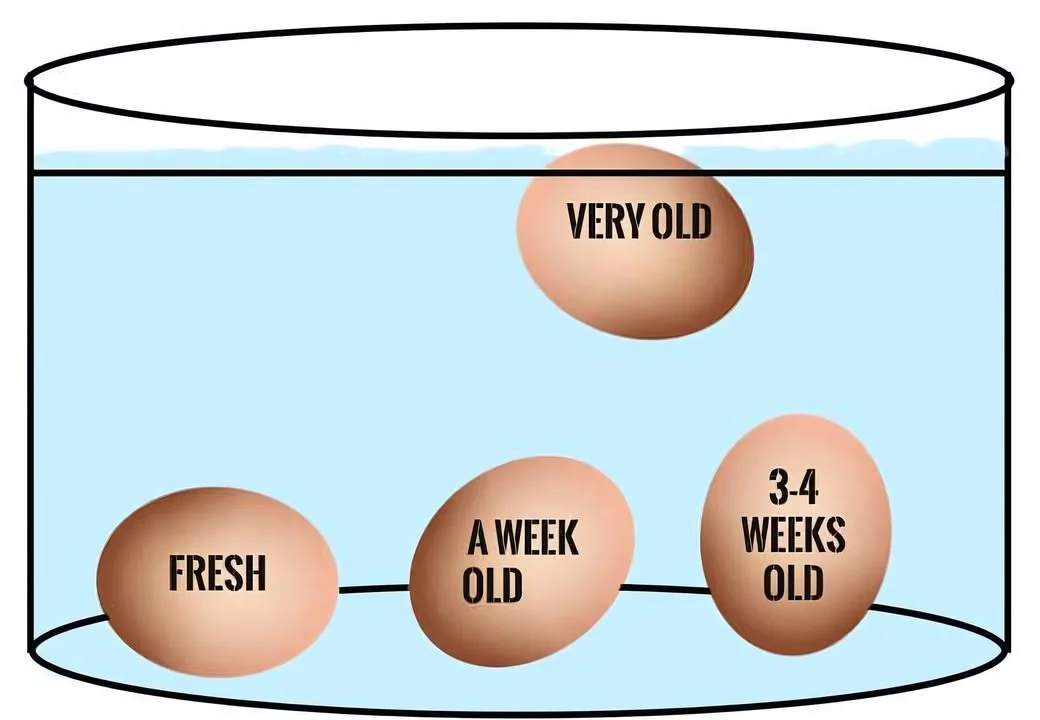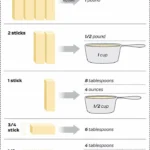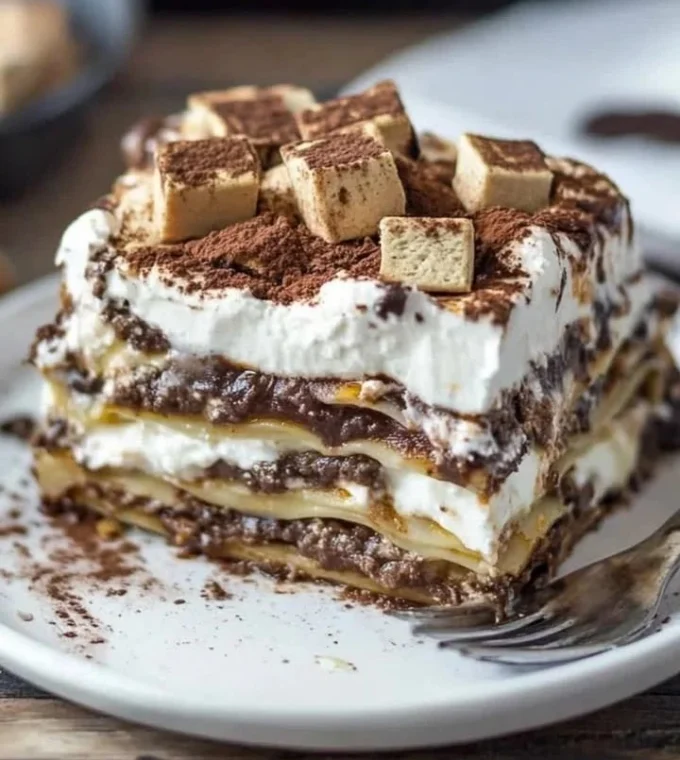Why Make This Recipe
Knowing if your eggs are fresh is important for cooking and baking. Fresh eggs taste better and have a better texture. Using fresh eggs will make your dishes safer and more delicious.
How to Make Fresh Eggs
Ingredients:
- Eggs (as many as you need)
Directions:
-
Water Test: Fill a bowl or glass with water and gently place your egg in it.
- If the egg sinks and lays flat on the bottom, it is fresh.
- If the egg stands upright on the bottom, it is still good but not fresh.
- If the egg floats, it is bad and should be thrown away.
-
Shake Test: Hold the egg close to your ear and shake it gently. If you hear sloshing, the egg is not fresh.
-
Candling Test: In a dark room, hold the egg up to a bright light. If you see a clear, small air cell, the egg is fresh. If the egg looks cloudy or the air cell is large, it is not fresh.
How to Serve Fresh Eggs
Use fresh eggs in any recipe that calls for eggs. They are great for scrambled eggs, omelets, cakes, and cookies. Fresh eggs will add flavor and texture to your meals.
How to Store Fresh Eggs
Store eggs in their original carton in the refrigerator. Make sure to keep them in a cold part of the fridge, not in the door. This helps maintain their freshness for a longer time.
Tips to Make Fresh Eggs
- Always check the expiration date on the egg carton.
- Use the water test regularly to check your eggs.
- Buy eggs from a reliable source.
Variation
There are no variations for this method, as it is a straightforward way to test egg freshness.
FAQs
1. How long do fresh eggs last?
Fresh eggs can last 3 to 5 weeks in the refrigerator when stored properly.
2. Can I eat an egg that is a few weeks old if it passes the water test?
Yes, if the egg sinks in the water test and looks good, it is safe to eat, even if it’s a few weeks old.
3. Does the color of the eggshell affect freshness?
No, the color of the eggshell does not affect the freshness or taste of the egg. It is just a matter of the chicken’s breed.














Leave a comment